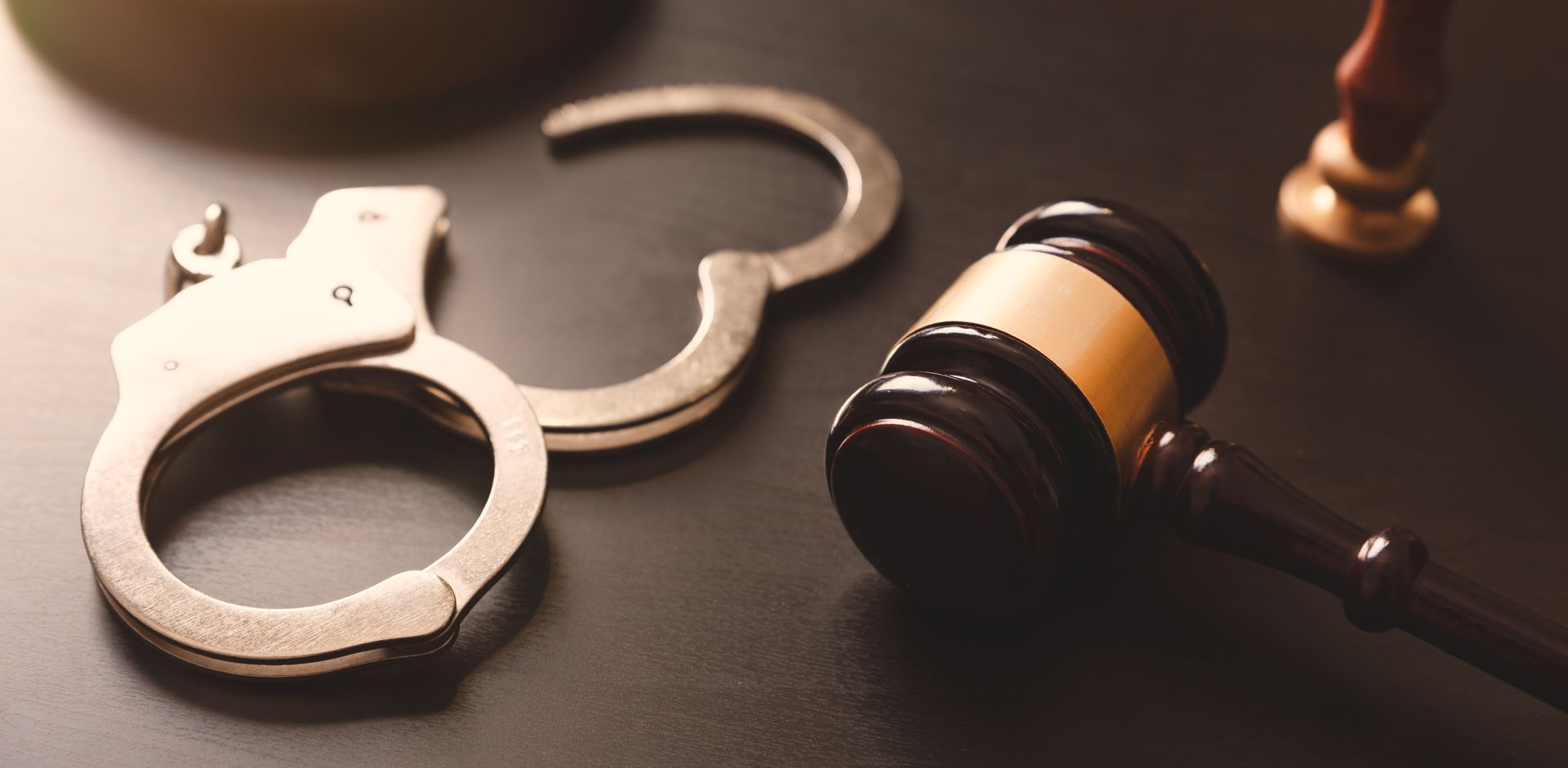Out-of-State Arrest: What Happens When You Are Arrested on Vacation In Florida
Picture this situation: you head down to the Sunshine State of Florida for a much-needed vacation. But due to some unfortunate circumstances, you find yourself under arrest.
How does the arrest process work this way? Who should you contact if you are arrested as an out-of-state visitor in Tampa Florida?
This guide will provide you all the critical information you need to make sure you’re taking the best possible steps.
Understanding Jurisdiction
Police and other law enforcement hold authority over what are known as "jurisdictions." A jurisdiction represents one particular, local area where police are authorized to serve.
For instance, Orlando or Tampa police are authorized to work within their respective city limits. Florida State Police, however, have jurisdiction across Florida.
That means that if a crime occurs, the law enforcement within the jurisdiction where the crime happened are authorized to handle it.
Long story short: if you are a resident of a different state, and you commit a crime in Florida, that area has jurisdiction to arrest and prosecute you –
not your home city or state.
How Warrants Work Between States
Let’s say for another example that you commit a crime in Florida, but you go back to your home state before law enforcement catches up with you.
That means you’re in the clear from charges, right?
Wrong.
An arrest warrant can be issued, and this can be enforced even if you are not physically in the state of the warrant.
You can still be apprehended and extradited to the state where the crime occurred. In this case, even if you were in a different state, you could be arrested in your home state and taken to Florida to face your charges.
How Out-Of-State DUIs Work
Part of the fun of coming down to Florida is to enjoy yourself, have fun, and relax! But relaxation does not mean that you should be drinking irresponsibly or getting behind the wheel.
Unfortunately, this will lead to an arrest with charges of driving under the influence.
In-state charges typically remain within their states for most misdemeanors. But things are somewhat more complicated for DUI charges.
There is a national database that keeps track of DUI charges. That means you cannot escape a DUI charge in Florida when you return to your home state (for the most part).
Initial DUI arrests and charges are usually handled by local police jurisdictions. But part of your processing includes adding your name to the national database.
What this means is that if you get another DUI in a different state, it will count as your 2nd DUI instead of 1st. Penalties for DUIs, such as suspension of a driver's license, also carry over from state to state.
For example, if you have a suspended license from a DUI charge in Florida, your license will be suspended in other states that you enter and drive in.
Some States Don’t Recognize Out-Of-State DUIs
It is also important to note that some states do not acknowledge out-of-state DUIs, so this information may not carry over.
Those states include the following:
- Michigan
- Georgia
- Tennessee
- Wisconsin
- Massachusetts
Check how the laws work between states for a clearer understanding of your situation.
How Does Out-Of-State Legal Defense Work?
Misdemeanor Charges
If you are facing a misdemeanor charge, you may not have to appear in court. This is especially helpful if you are charged with a crime but cannot remain in the state.
Typically, the courts allow a Tampa local attorney to represent you if you are arrested and charged with a misdemeanor as an out-of-state offender. The local attorney will come to court on your behalf and represent you through the legal process.
Felony Charges
If you are facing felony charges, the process may be slightly different.
You can still secure a local attorney to represent you in court. However, you will still have to show up to court to face those charges next to your attorney.
For instance, if you are arrested and charged with a felony in Miami, you can hire a local Miami attorney to represent you (not a lawyer from your home state). But when the time comes for court, you must be present to face your charges.
Out-of-State Arrests and Posting Bail
If you are arrested for a felony and put into jail, you will likely have to post bail to be released.
Bail is the amount of money given to the court in exchange for release to ensure that the defendant returns to face charges. If you return on your scheduled court date, that amount is refunded. If you post bail and fail to appear, the courts keep that money and a bench warrant is usually issued.
A bench warrant applies no matter which state you live or are currently visiting. So, if you fail to appear in court and a bench warrant is issued to you in Florida, you can be arrested and extradited from other states and incarcerated until you face your charges in court.
Essential First Step: Get Legal Help
No matter what sort of legal situation you find yourself in as an out-of-state visitor to Florida, priority number one is to find legal help.
Like all states, the laws in Florida have specific components that can be confusing, scary, and overwhelming to a visitor. This is especially true if you’re facing these issues on a vacation or other trip.
Local attorneys know and understand how the law works in the area where you’re visiting. They can provide the legal counsel and guidance you need to make sure you are following the procedure of the law properly. Proper following of the law can help prevent further issues such as fines, surrendered bail, and even bench warrants issued.
If you need help with an out-of-state arrest in Florida, reach out today.
Are you an out-of-state visitor to Florida facing arrest? An arrest can occur for multiple reasons while you’re traveling. From a drunken disorderly charge to DUIs, these unfortunately can and do happen to travelers while visiting the Sunshine State.











